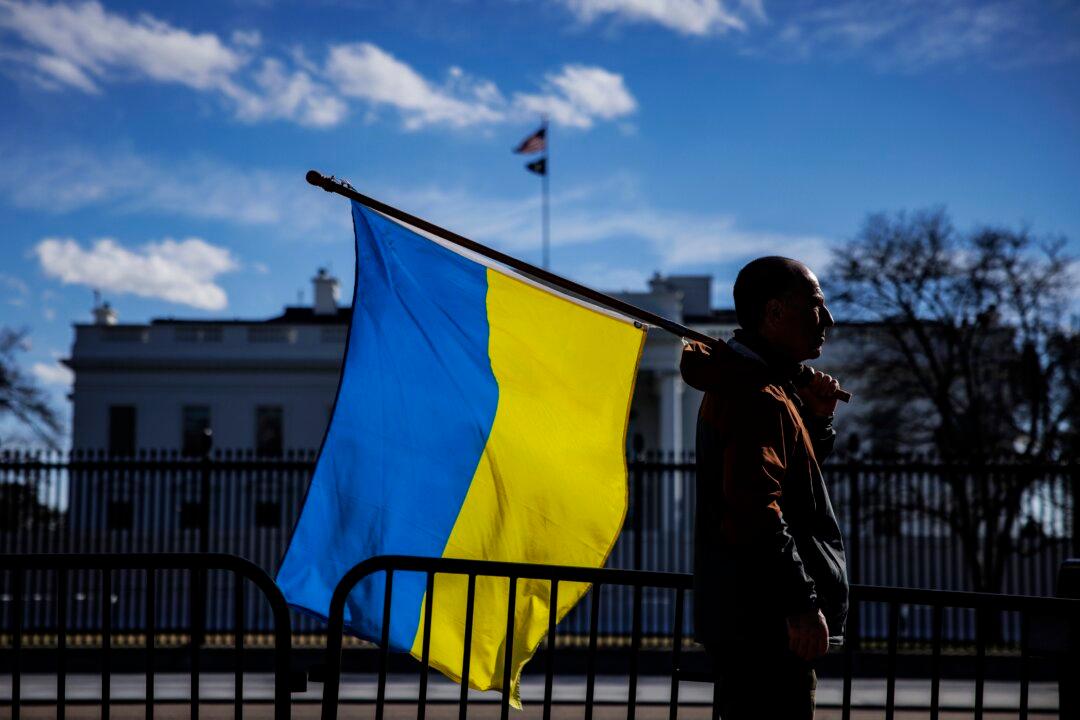Russian military strategy in Ukraine is currently focused on outlasting the United States’ will to provide equipment rather than making serious advances, Pentagon leadership says.
Russian President Vladimir Putin believes that he can wait for the United States to stop funding Ukraine before recommitting his forces to the attempted conquest of the nation, said Secretary of Defense Lloyd Austin.




